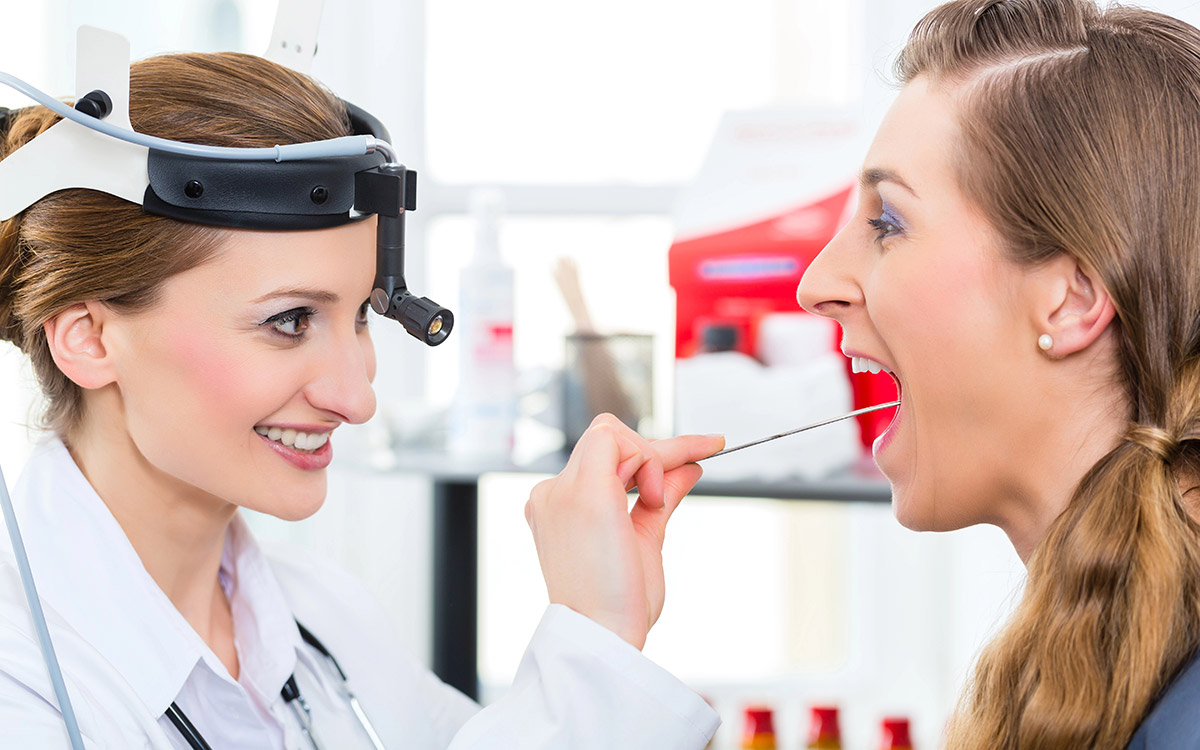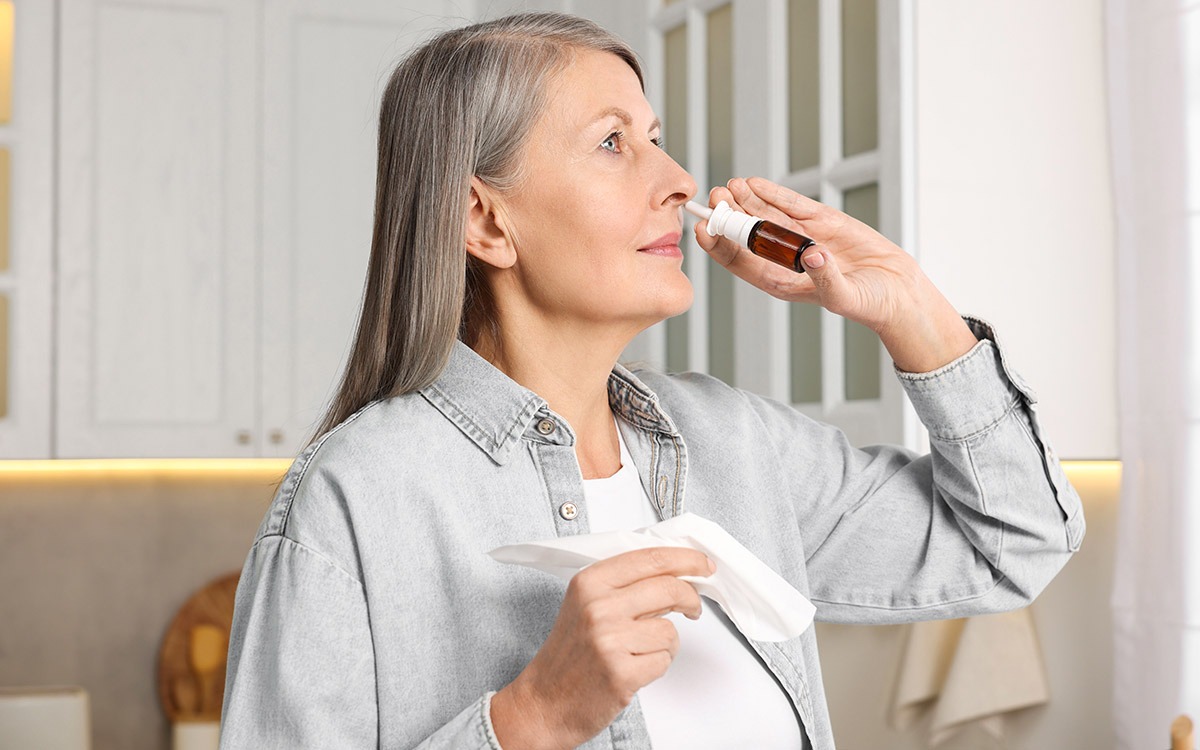Hormone replacement therapy is a medical treatment that augments or replaces hormones no longer working correctly. These hormones are often present in the body naturally and have many health-related purposes, including managing the metabolism and reproductive cycles.
Are you experiencing uncomfortable symptoms related to hormonal changes? You’re not alone. As we age, our bodies undergo natural changes that can cause hormonal imbalances, leading to symptoms such as hot flashes, night sweats, fatigue, mood swings, and more. Research shows up to 50-75 % of women experience such menopause-related symptoms.
While some women may find relief through lifestyle changes, others may need more advanced treatment options like Hormone Replacement Therapy (HRT). But who is the right candidate for HRT?
This article discusses the factors used to determine whether someone is a good candidate for HRT so that you can make an informed decision about your health.
What is Hormone Replacement Therapy?
Hormone replacement therapy is a medical treatment for supplementing or replacing malfunctioning hormones. Typically, these hormones occur naturally in the body and serve various health functions, such as regulating metabolism and controlling reproductive cycles.
HRT is usually helpful to patients having menopause or hormonal imbalance-related issues. However, this therapy is for more than just women. It’s also becoming increasingly popular for men with reduced testosterone production due to aging, often leading to decreased energy levels and libido.
HRT aims to restore natural balance and reduce discomfort caused by irregularities in hormone production. Depending on needs and factors like age and overall health, patients may receive HRT through tablets, pellets, patches, creams, injections, or gels. The therapy is tailored specifically for each person for the ultimate health outcome.
Factors That Determine the Right Candidate for HRT
The right candidate for hormone replacement therapy can vary greatly depending on the individual’s symptoms, age, and medical history.
Some of the signs that would determine the right candidate include:
Those with Moderate to Severe Menopause Symptoms
Menopause is a natural process that women go through as they age. It usually occurs between 45 and 55 but can manifest earlier too. During menopause, physical, psychological, and emotional symptoms can disrupt daily life. Women may experience hot flashes, night sweats, vaginal dryness and irritation, fatigue, and poor sleep as hormone levels drop.
Emotionally, many report irritabilities, sadness, or difficulty concentrating. While these symptoms can be irritating and uncomfortable, treatments are available in the form of HRT. HRT helps manage menopausal symptoms by restoring hormones to pre-menopausal levels, allowing women to experience relief from menopause-associated effects and dramatically improving their quality of life.
Those with Low Sex Drive
Hormonal imbalances commonly cause low sex drive and can occur for various reasons. For example, many women experience decreased libido with the onset of menopause due to reduced estrogen and progesterone production in their bodies.
Similarly, testosterone levels naturally decline with age in both men and women. This imbalance leads to reduced sensitivity to sexual stimulation. It also leads to decreased genital lubrication, difficulty getting aroused or attaining orgasms, and loss of energy or enthusiasm for sexual activity.
Some people also experience infertility, painful intercourse, and uncomfortable breast tenderness. Fortunately, this imbalance is easy to resolve with hormone replacement therapy, which helps restore normal levels so people can enjoy their sex lives again.
Women with Severe PMS
Pre-menstrual Dysphoric Disorder (PMDD) is a severe form of pre-menstrual syndrome (PMS), causing extreme physical and emotional symptoms due to hormonal imbalances. It is estimated to affect roughly 1 in 20 women of childbearing age in the United States, usually occurring a week or two before a woman’s period begins.
PMDD appears to occur due to an exaggerated reaction to normal hormonal fluctuations before menstruation. These fluctuations can cause severe depression, crying spells, anger or irritability, decreased interest in activities, sleep disturbances, feeling overwhelmed with responsibility, or difficulty concentrating. Other symptoms can include bloating, migraine headaches, and breast tenderness. HRT can provide some relief from PMDD symptoms.
People with Low Bone Density
Low bone density, which is either osteopenia or osteoporosis, is a condition that occurs when the bones become weak and prone to fracture. This issue can result from imbalances in hormones such as estrogen and testosterone, which play a vital role in maintaining healthy bones.
Weak bones may present when the body produces insufficient estrogen and testosterone. Symptoms of low bone density vary between individuals but can include thinning bones, fatigue, increased fractures, pain or tenderness in the joints and back, and a hunched posture.
In cases where hormone production is the root cause, medical practitioners may recommend Hormone Replacement Therapy, especially for patients whose osteopenia hasn’t progressed to severe levels.
Men with Low Testosterone Levels
Low testosterone levels in men are a severe problem that can cause symptoms ranging from fatigue to muscle loss. It affects millions of men and can occur due to many physiological and lifestyle factors. Testosterone is an essential hormone produced primarily in the testes.
Your natural ability to create this hormone declines as you age, leading to lower-than-normal levels. Stress, certain medical conditions, and medications like chemotherapy and steroids can also contribute to reduced testosterone production.
Symptoms may include decreased libido, reduced physical strength or energy, mood changes, weight gain, or hair loss. HRT can supplement the body’s resources and eliminate this problem.
Who Would Not Qualify for HRT?
While hormone replacement therapy can be a useful treatment option for many people, not everyone is a good candidate for this type of therapy. For instance, those with a history of breast, endometrial, and other forms of cancer have an increased risk for the recurrence or progression of their cancer from HRT.
Similarly, those prone to blood clots and stroke due to previous episodes may be at increased risk with HRT. People with liver disease shouldn’t take HRT as the additional strain on their liver can harm their well-being.
Finally, smokers or those with a smoking history also significantly increase the likelihood of suffering from cardiovascular problems and other illnesses if they take hormone replacement therapy.
Conclusion
It’s critical to consult your healthcare provider to determine whether HRT suits you. They can help evaluate your medical history, health status, and HRT’s potential risks and benefits. Doing so will help determine if you’re a good candidate for the treatment.










